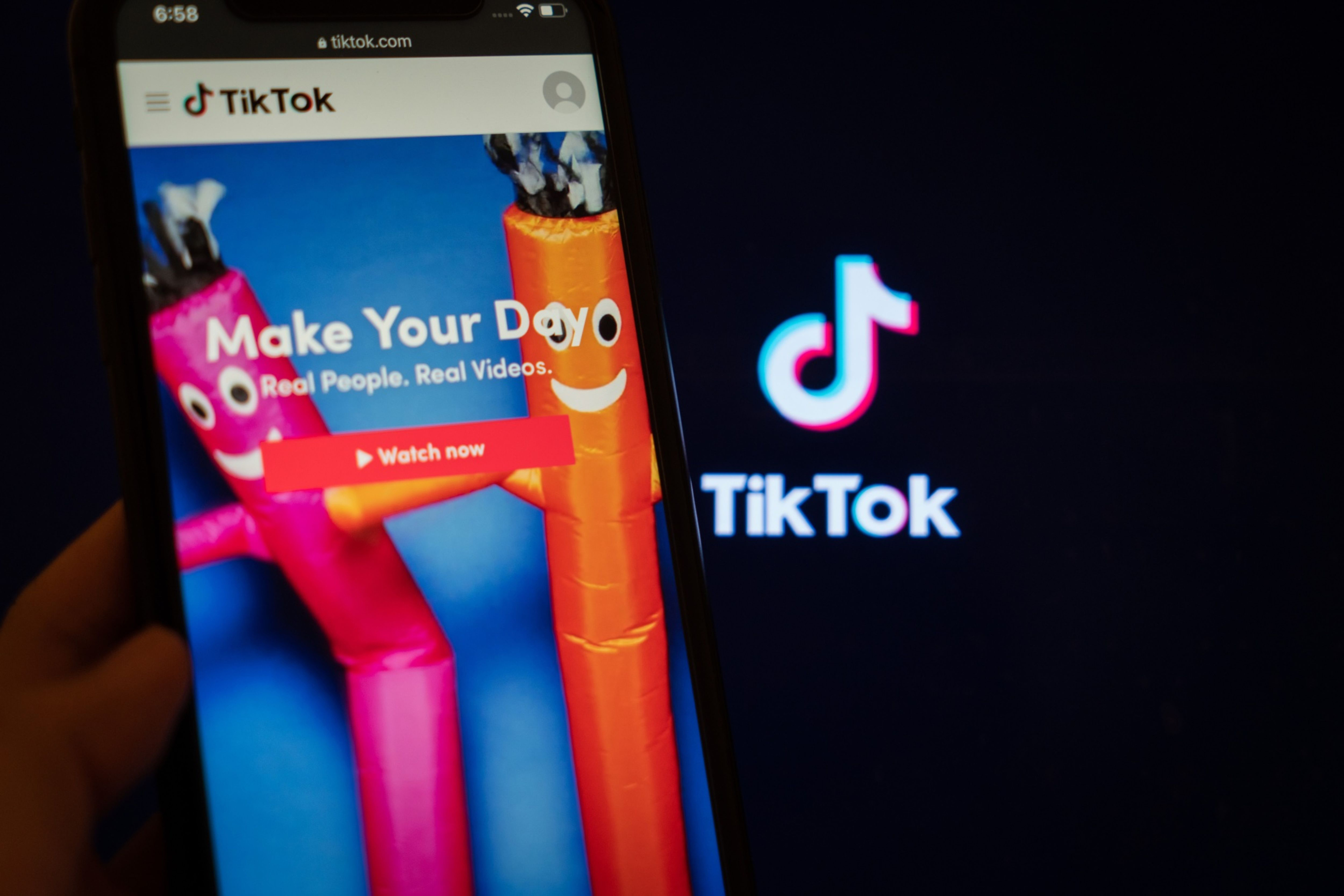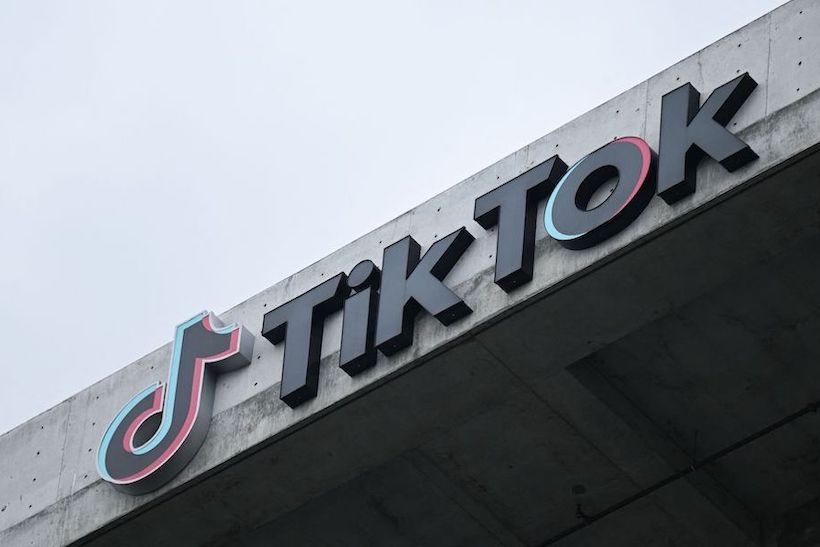TikTok's Role in Shaping the Future of Social Media Tech

Social media has become an integral part of our daily lives, connecting people from different corners of the world, sharing experiences, and shaping cultural trends. Over the past decade, various platforms have emerged, each leaving its mark on the ever-evolving landscape of social media technology. In recent years, TikTok has emerged as a dominant force in the social media realm, not only redefining the way we consume and create content but also influencing the future of social media technology.
TikTok, launched in 2016 by the Chinese company ByteDance, has rapidly gained popularity, amassing billions of users worldwide. Its unique short-form video format, where users can create and share 15 to 60-second video clips, and to get TikTok likes , has revolutionized the way we engage with content. With its user-friendly interface and sophisticated algorithm, TikTok has successfully captivated users of all ages and demographics. But what makes TikTok a game-changer in the social media tech landscape? Let's explore.
Algorithmic Content Discovery
One of the standout features of TikTok is its algorithmic content discovery system. Unlike traditional social media platforms, where you primarily see content from people you follow, TikTok's "For You Page" (FYP) presents users with an endless feed of content curated based on their preferences and behavior. This algorithmic approach to content recommendation has been a game-changer for social media.

The algorithm analyzes user behavior, including what videos they like, share, and comment on and how long they spend watching a particular video. It then leverages machine learning to recommend content that aligns with the user's interests. This personalized content delivery keeps users engaged for longer durations and exposes them to a wide variety of content, including new trends, ideas, and creators they might not have discovered otherwise.
This algorithmic approach has influenced other social media platforms like Instagram and YouTube, which have started adopting similar recommendation systems. As a result, the future of social media tech is likely to involve more sophisticated algorithms for content discovery, enhancing user engagement and retention.
Short-Form Video Dominance
TikTok's focus on short-form video content has not only resonated with users but has also reshaped the content landscape. The platform's success has spurred a surge in the popularity of short-form video content across the digital sphere. Competitors like Instagram and Snapchat have introduced features such as Instagram Reels and Spotlight to tap into this trend, while YouTube has launched Shorts to compete directly with TikTok.

The dominance of short-form video content has significant implications for the future of social media tech. With attention spans decreasing and the demand for quick, engaging content rising, social media platforms will likely continue to prioritize and innovate in the realm of short-form video. This may lead to advancements in video editing tools, mobile video production capabilities, and more interactive features, ultimately shaping the way we create and consume content.
Empowering User Creativity
TikTok's success can largely be attributed to its focus on empowering user creativity. The platform provides users with a wide array of creative tools and effects, making it easy for anyone to produce high-quality, engaging content. From filters and special effects to music libraries and text overlays, TikTok offers a user-friendly and versatile toolkit for content creators.
This emphasis on user creativity has influenced other social media platforms to prioritize content creation tools. Instagram, for example, has introduced features like Instagram Stories, which include interactive stickers, filters, and music integration. Snapchat has also enhanced its creative tools to compete in this user-generated content arena.
In the future, we can expect social media tech to continue evolving to cater to the growing community of content creators. This might involve more advanced editing tools, augmented reality features, and collaborations between platforms and creators to facilitate content creation.
Globalization and Cultural Exchange
TikTok's global appeal and reach have enabled cultural exchange on an unprecedented scale. The platform has provided a stage for users from different countries and backgrounds to share their culture, traditions, and creativity. TikTok challenges and trends have transcended borders, leading to a global conversation on various topics, from dance challenges to social and political issues.
This globalization aspect of TikTok highlights the potential for social media tech to foster cross-cultural understanding and appreciation. As we move forward, we can anticipate more platforms embracing this concept by facilitating global connections and cultural exchange.
Challenges and Concerns
While TikTok has undoubtedly played a significant role in shaping the future of social media tech, it has also faced its fair share of challenges and concerns. One major concern is user data privacy. TikTok has been scrutinized for its data collection practices, and several countries have expressed security concerns related to the Chinese ownership of the app. This has prompted discussions about the need for more robust data protection measures in the social media tech industry.

Additionally, TikTok has been criticized for its potential to amplify harmful trends and behaviors. The platform's algorithm can sometimes inadvertently promote content that is offensive, misleading, or dangerous. As a result, there is a growing awareness of the responsibility that social media tech companies have in moderating and curating content to ensure user safety and well-being.
The Future of Social Media Tech
As TikTok continues to influence the social media landscape, it is clear that the future of social media tech will be shaped by several key trends and innovations. These include:
- Advanced Algorithms: Expect more platforms to invest in AI-driven algorithms for content discovery, personalization, and recommendation to enhance user engagement.
- Short-Form Video: Short-form video content will remain a dominant format, leading to innovations in video creation and editing tools.
- User-Centric Creativity: Social media tech will continue to empower users to create and share content easily, with a focus on enhancing creative tools and features.
- Global Connectivity: Platforms will increasingly promote cross-cultural exchange, fostering a sense of global community and understanding.
- Data Privacy and Security: The industry will be pressured to implement stronger data protection measures and transparency regarding data usage.
- Content Moderation: Social media tech companies will need to invest in more robust content moderation systems to combat harmful trends and ensure a safe online environment.
In conclusion, TikTok's rise to prominence and its impact on the social media tech landscape has been transformative. Its algorithmic content discovery, emphasis on short-form video, and user-centric creativity have set new standards for the industry. While challenges related to data privacy and content moderation persist, they also highlight the need for responsible innovation in the field. As we look ahead, it's clear that TikTok's influence will continue to shape the future of social media tech, pushing the industry to evolve and adapt to the changing digital landscape.































































